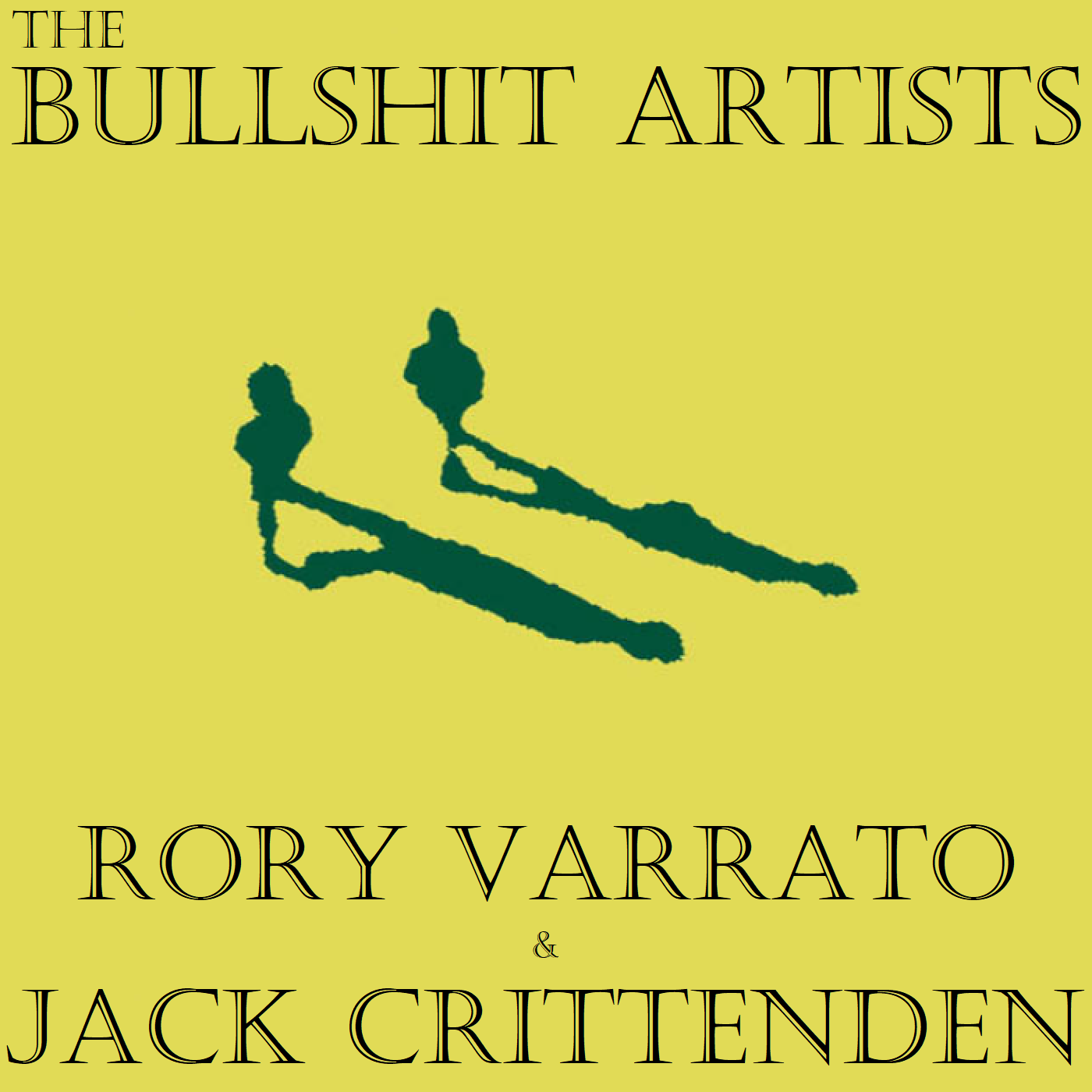
1.3K
Downloads
16
Episodes
Two philosophers—or what comedian Mel Brooks fondly refers to as "bullshit artists"—from different generations join in deep yet casual conversation covering a wide range of topics, including especially politics and the human condition. Jack Crittenden—professor emeritus of political theory at Arizona State University—and Rory Varrato—PhD candidate in the Philosophy and Education program at Teachers College, Columbia University—have known each other for more than ten years, first as teacher-student and later as friends. During that time, they have had countless conversations together (usually over coffee), and some of those chats have even been interesting. The purposes of this biweekly podcast, then, are to provide a new venue for these conversations (especially now, during the pandemic) and to enable these dialogues to reach an audience of more than two. Both interlocutors hope that—at their best—they can offer to each other and to their listeners something like the lighthearted verbal jousting of 'Comedians in Cars Getting Coffee' crossed with the stimulating pleasures of a 'My Dinner with Andre'-caliber conversation: organic, cerebral, funny, unguarded, and chock-full of bullshit.
Episodes

Thursday Oct 21, 2021
Thursday Oct 21, 2021
In this episode—their first after a three-month long hiatus—Jack and Rory begin the conversation by discussing the nature of time perception. In particular, Rory reflects on the phenomenological differences between Sedona and New York—the former a quiet, sleepy village; the latter, a dense, bustling metropolis—and Jack suggests that similar differences in the relativity of time perception may occur across the lifespan, with old age being marked by an accelerated experience of the passing of time. From there, the discussion turns once again to the topics of teaching and learning; both interlocutors reminisce about past experiences in the classroom, and they ruminate about the (perhaps only) correct way to lecture. Finally, the pair conclude with an arcane discussion of an obscure point from Plato’s Republic, namely, why Plato has Socrates describe early in the book an austere, self-sufficient city, which he then, using other interlocutors, uses as a springboard from which to juxtapose the kallipolis, or beautiful city, whose features occupy most of the remainder of the dialogue.

No comments yet. Be the first to say something!